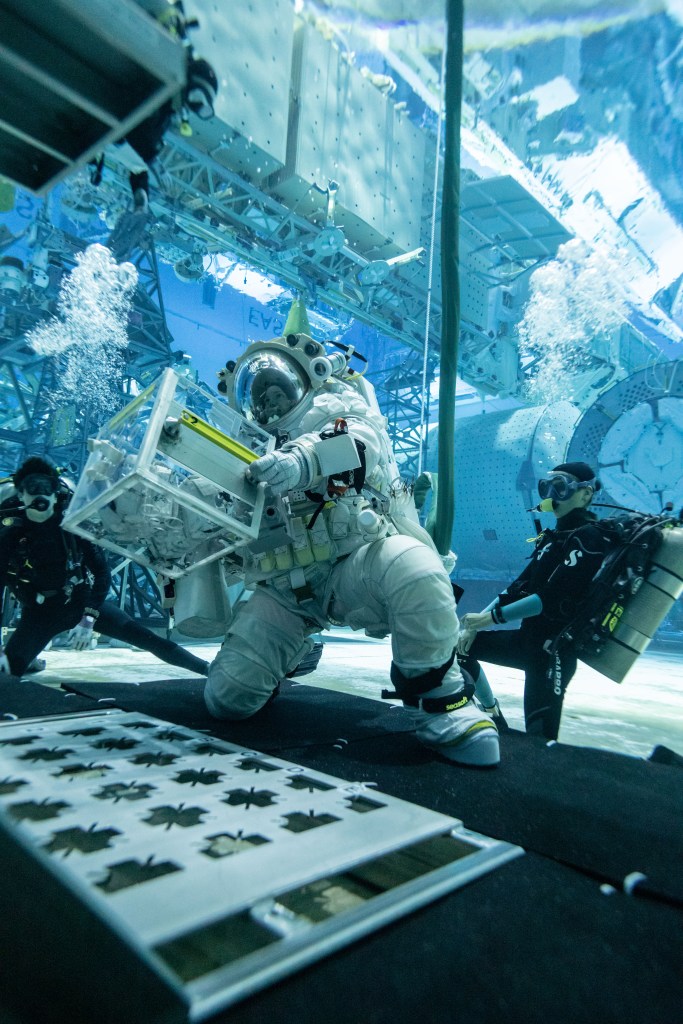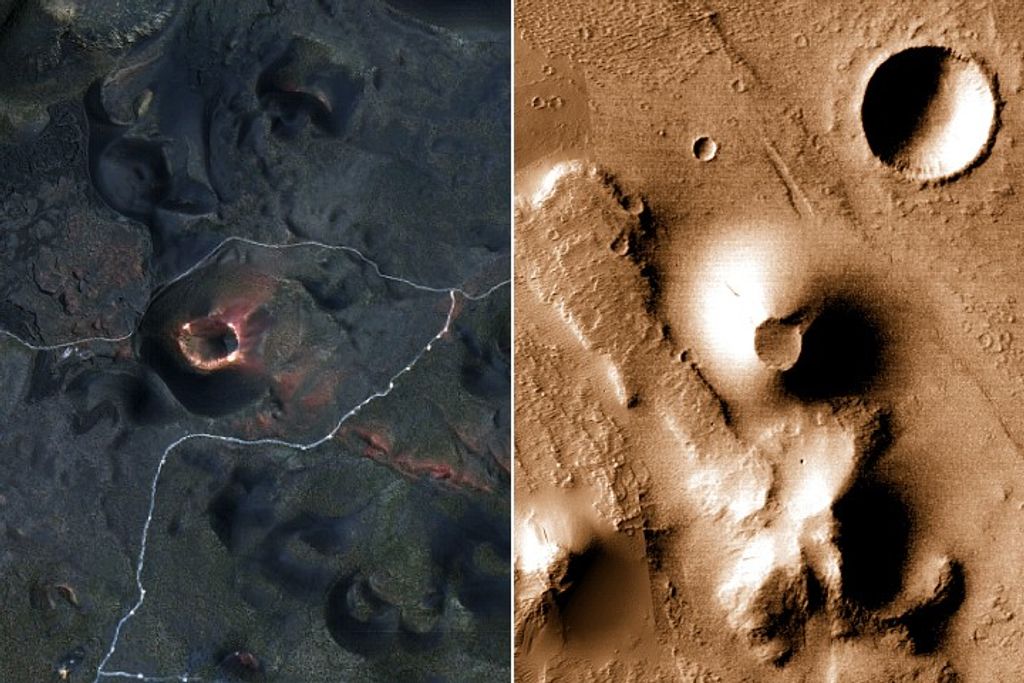Media Contacts
NASA Headquarters: Rachel Kraft, James Gannon
Artemis media resources
Explore more about Artemis
Artemis News and Articles
Stay up-to-date with the latest Artemis content from NASA as we explore the Moon for scientific discovery and to prepare for human missions to Mars.
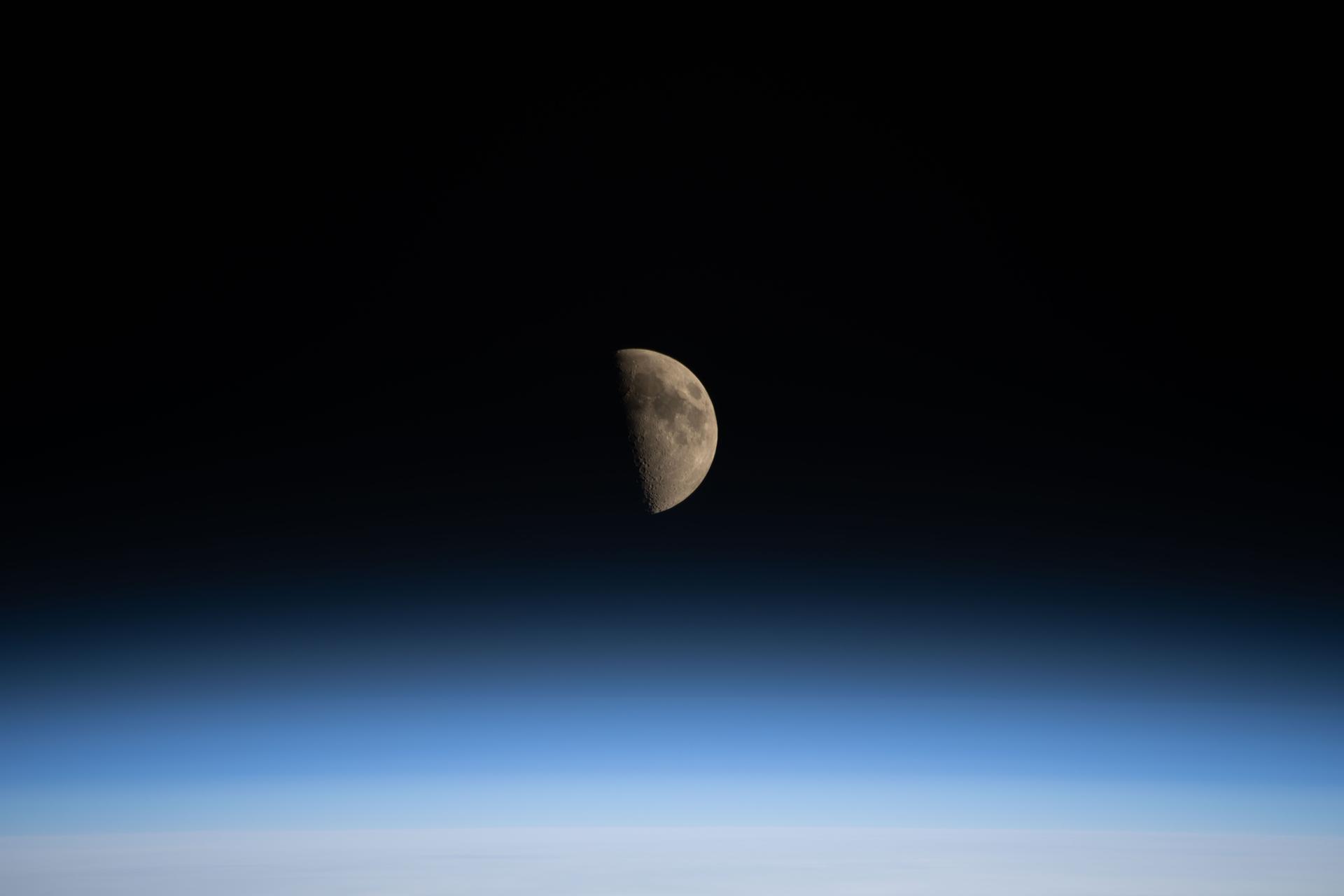
Read this story in English here. A fin de lograr el objetivo nacional de llevar astronautas estadounidenses a la superficie de la Luna y mantener la superioridad de Estados Unidos en exploración y descubrimientos, la NASA anunció el 27 de febrero…

Lee esta historia en español aquí. To achieve the national goal of landing American astronauts on the surface of the Moon and maintaining U.S. superiority in exploration and discovery, NASA announced Feb. 27 it is increasing its cadence of missions under…
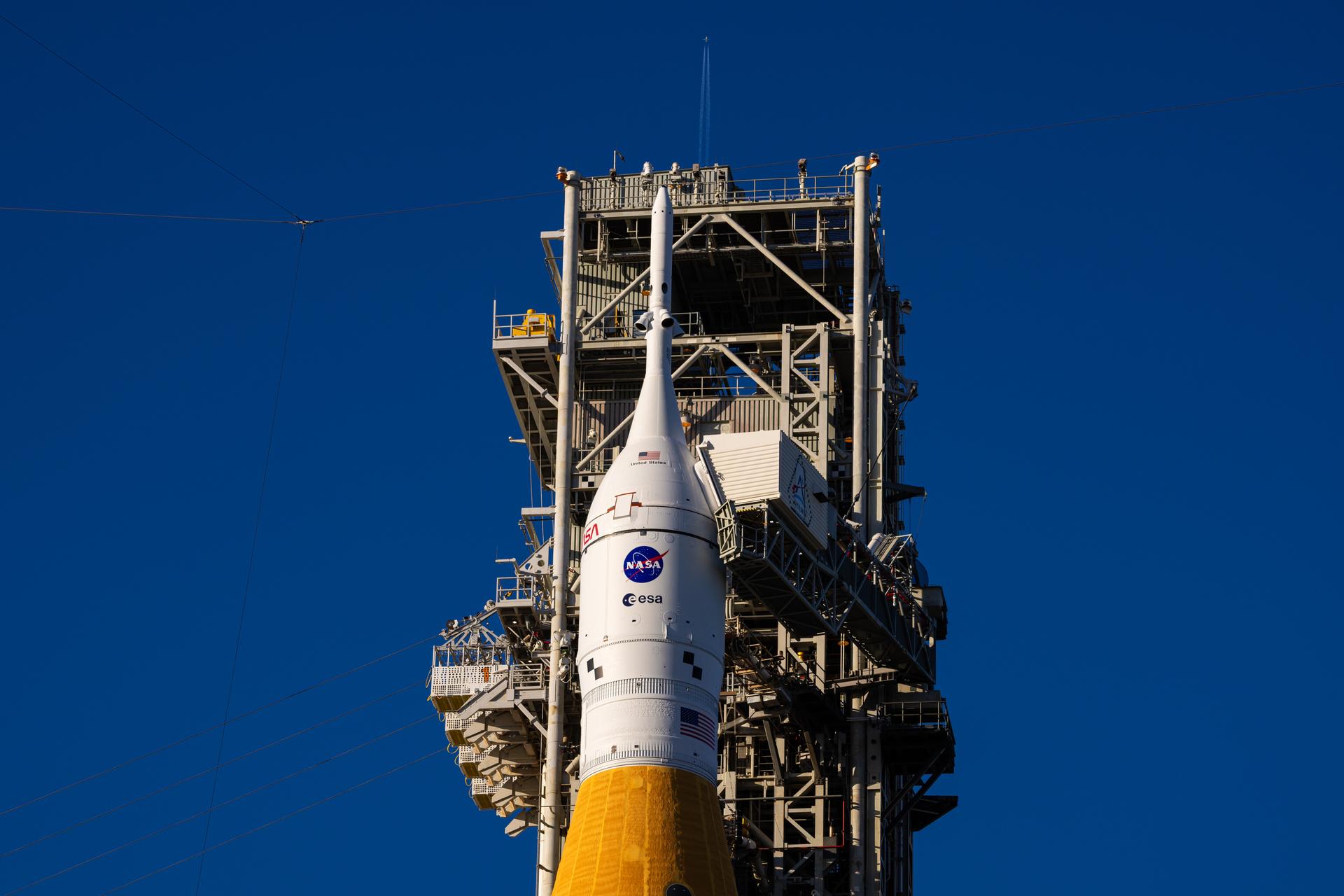
The food flying aboard Artemis II is designed to support crew health and performance during the mission around the Moon. With no resupply, refrigeration, or late-load capability, all meals must be carefully selected to remain safe, shelf-stable, and easy to…
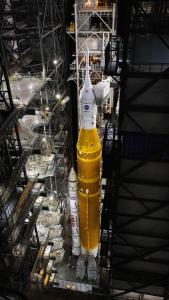
As part of a Golden Age of exploration and discovery, NASA announced Friday the agency is increasing its cadence of missions under the Artemis program to achieve the national objective of returning American astronauts to the Moon and establishing an enduring presence.…
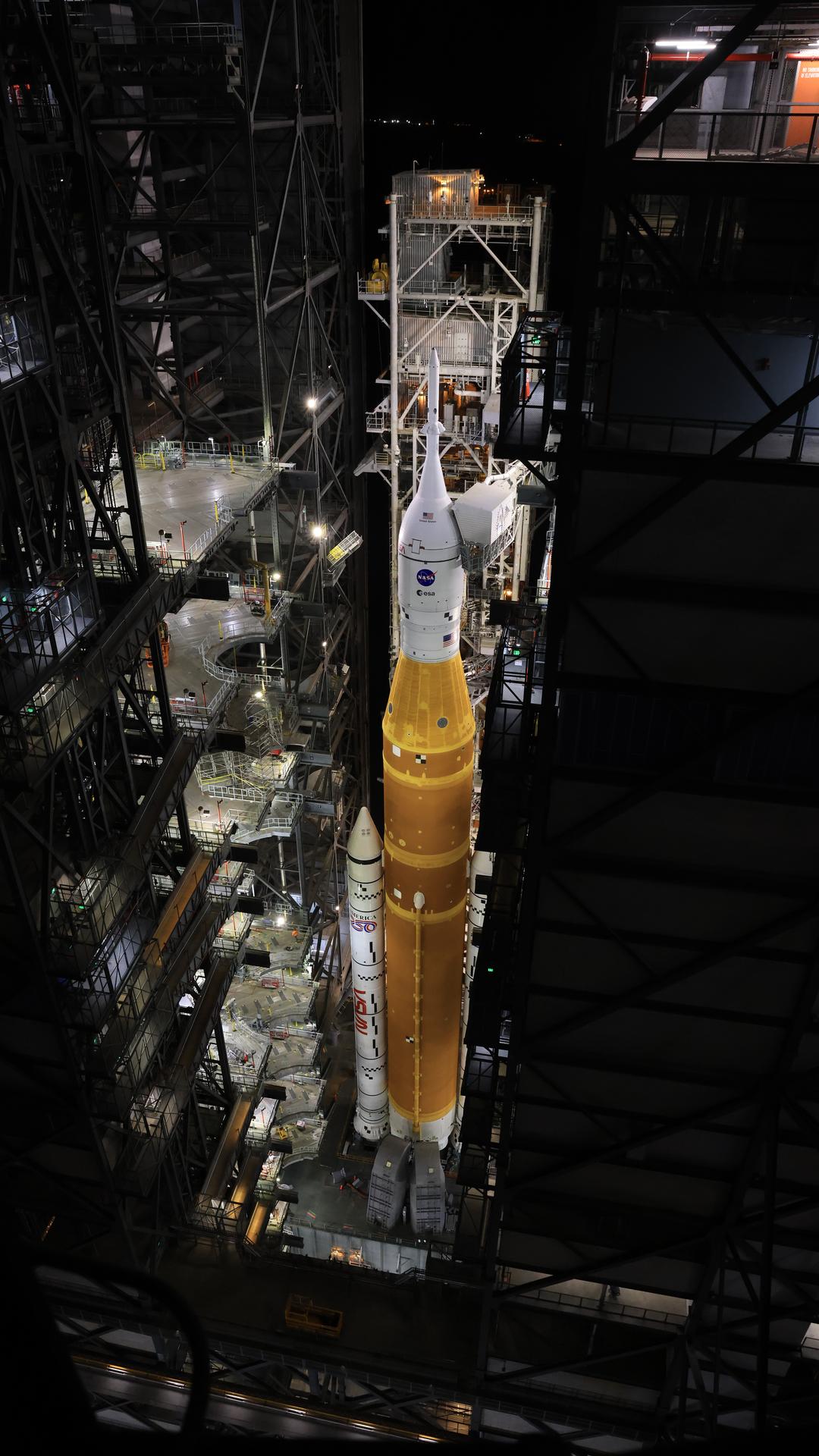
With rollback of NASA’s Artemis II SLS (Space Launch System) rocket and Orion spacecraft to the Vehicle Assembly Building complete, the agency will host a news conference at 10 a.m. EST on Friday, Feb. 27. Live from NASA’s Kennedy Space…
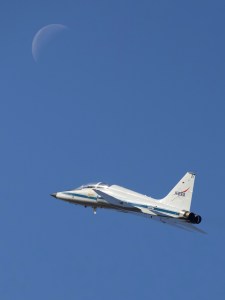
NASA astronaut Christina Koch and Canadian Space Agency astronaut Jeremy Hansen take off on a T-38 training flight from Ellington Field on Feb. 11, 2026, as a waning crescent Moon hovers above. Koch and Hansen, along with NASA astronauts Reid…
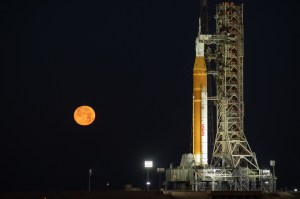
Editor’s note: This advisory was updated Feb. 20, 2026, to add a participant to the news conference. As NASA continues preparations for the Artemis II test flight, the agency will provide coverage Thursday, Feb. 19, of its next wet dress…
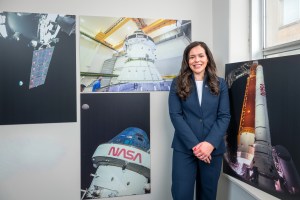
Listen to this audio excerpt from Katie Oriti, Orion European Service Module Integration Office manager: Growing up in rural America, Katie Oriti could only dream of working for NASA. Not because she wasn’t inspired by the dark, star-filled skies of…
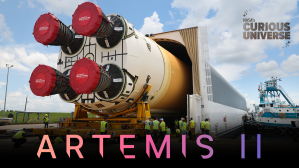
Behind NASA’s Artemis II mission and the astronauts who will fly around the Moon, teams on the ground are essential. Explore some of the epic equipment that makes Artemis II possible—the mobile launcher, crawler-transporter, and NASA’s barge Pegasus—and meet a…
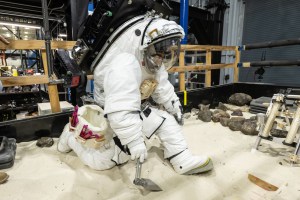
The next-generation spacesuit for NASA’s Artemis III mission continues to advance by passing a contractor-led technical review, as the agency prepares to send humans to the Moon’s South Pole for the first time. Testing is also underway for the new suits,…
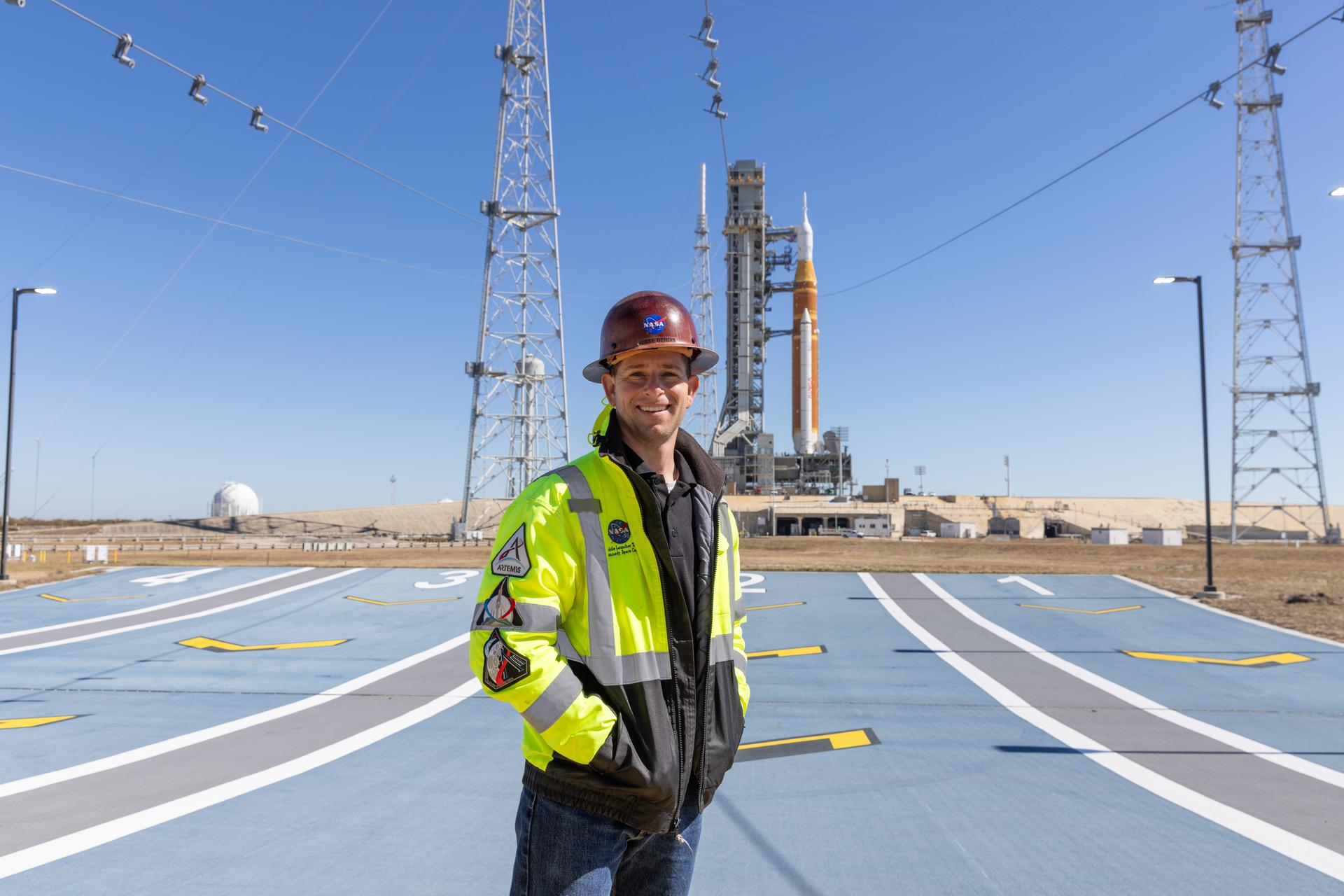
Jesse Berdis’s dream of becoming a structural engineer began with visions of skyscrapers rising above the Dallas and Oklahoma skyline. Today, that dream has soared beyond city limits, reaching towering heights at the agency’s Kennedy Space Center in Florida.

Have you ever heard the saying, “You have to learn how to walk before you can run?” The same can be true in human space exploration. To push capabilities further and ensure safe, successful missions, NASA must test ideas and…
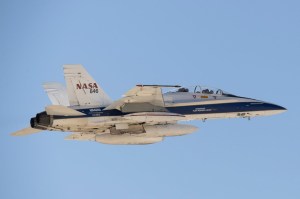
NASA is leveraging expertise, capabilities, and partnerships across its centers to make Artemis campaign and deep space exploration safer, more reliable, and efficient. At NASA’s Armstrong Flight Research Center in Edwards, California, contributions include technical leadership, unique flight-testing capabilities, and…
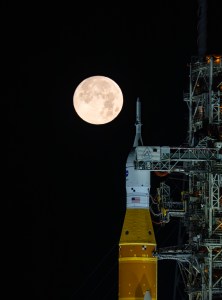
A full moon is seen shining over NASA’s SLS (Space Launch System) and Orion spacecraft, atop the mobile launcher at Launch Pad 39B at NASA’s Kennedy Space Center in Florida in the early hours of February 1, 2026. The agency…
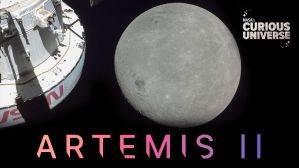
During Artemis II, four astronauts will see the lunar surface as few humans have—and possibly, parts of the Moon’s far side that no one has seen before. Learn what lunar science questions NASA hopes to answer through the astronauts' eyes…
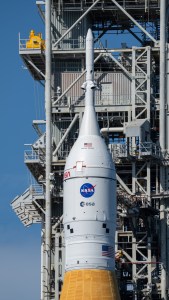
NASA’s Orion spacecraft, which will carry the Artemis II crew around the Moon, sits at the launch pad on Jan. 17, 2026, after rollout. It rests atop the SLS (Space Launch System) rocket. Orion can provide living space on missions…
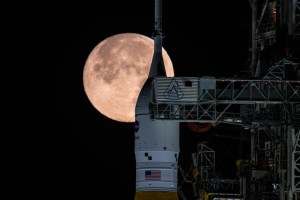
Editor’s note: This advisory was updated at on Feb. 3, 2026, to reflect a change in the start of the news conference and its participants, as well as removing a placeholder for a crew media gaggle. Following a fueling test…
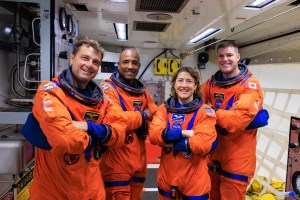
Four astronauts will soon travel beyond low Earth orbit and fly around the Moon on Artemis II, a mission that will test NASA’s systems and hardware for human exploration of deep space. Since June 2023, NASA astronauts Reid Wiseman, Victor Glover, Christina Koch,…
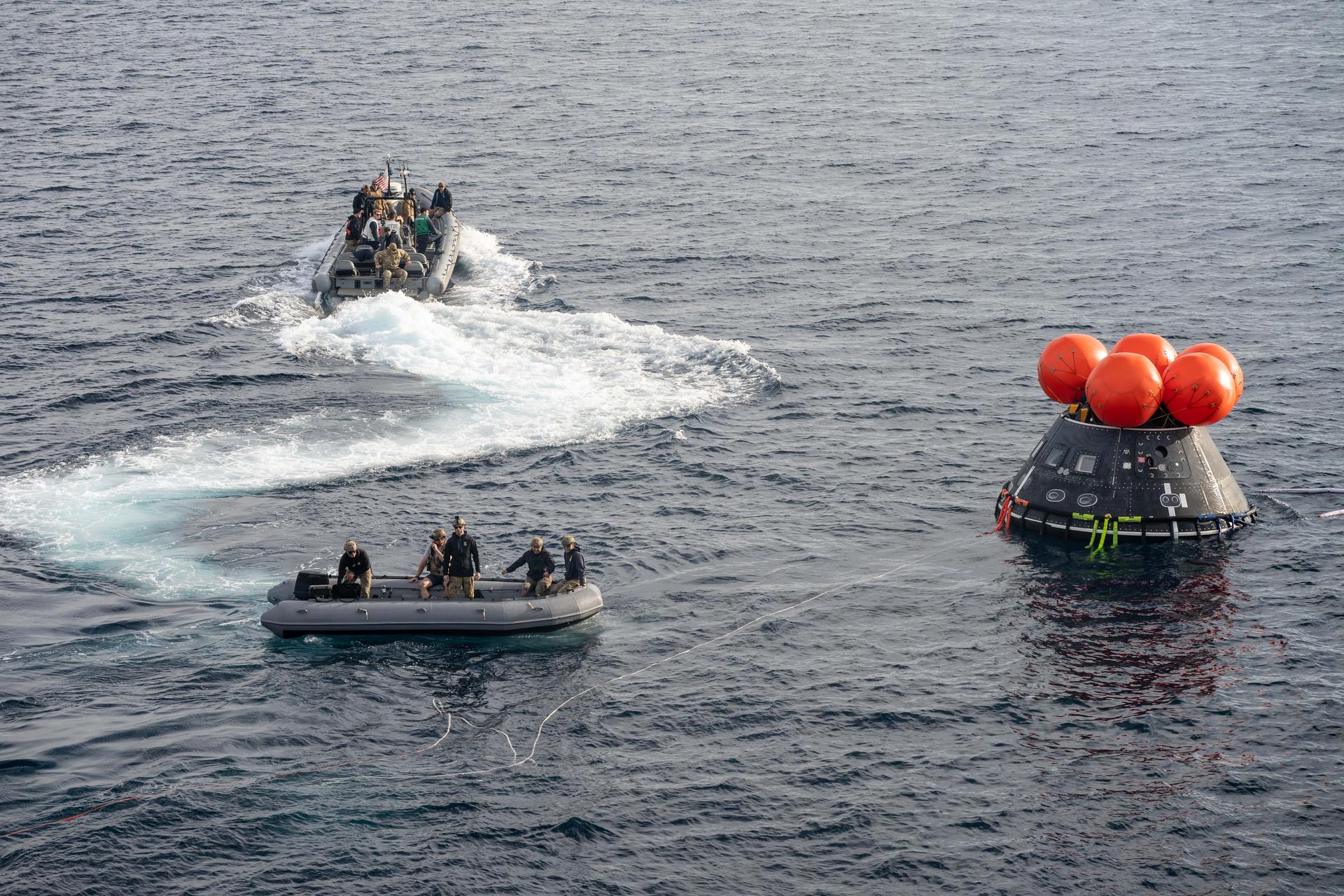
Off the coast of California, NASA’s Artemis Landing and Recovery team and the Department of War that will work together to retrieve the Artemis II crew and Orion spacecraft following their return to Earth and splashdown in the Pacific Ocean…

Doug Parkinson’s face lights up as he starts telling his story, how someone from Wisconsin now plays a part in the team that will help land the first Artemis astronauts on to the Moon. Parkinson serves as NASA’s SLS (Space…
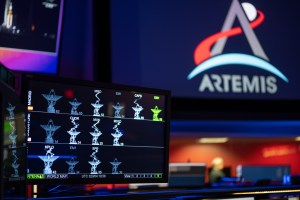
NASA’s Artemis II mission will transport four astronauts around the Moon, bringing the agency one step closer to sending the first astronauts to Mars. Throughout Artemis II, astronaut voice, images, video, and vital mission data must traverse thousands of miles,…
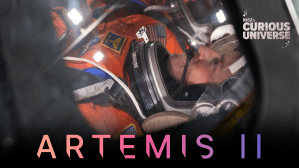
During Artemis II, humans will fly Orion—NASA’s next-generation spaceship designed to take us to the Moon and beyond—for the first time. Tour Orion with Branelle Rodriguez, the vehicle manager for Artemis II, to hear about the support systems that keep…
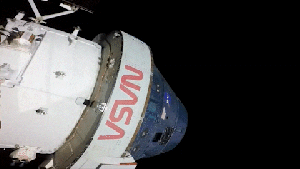
NASA has selected 34 global volunteers to track the Orion spacecraft during the crewed Artemis II mission’s journey around the Moon. The Artemis II test flight will launch NASA’s Space Launch System (SLS) rocket, carrying the Orion spacecraft and a…
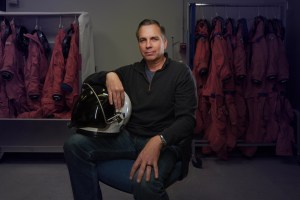
Listen to this audio excerpt from Dustin Gohmert, Orion Crew Survival System (OCSS) manager: During NASA’s Artemis II mission around the Moon, the astronauts inside the Orion spacecraft will be wearing specialized pressure suits designed to protect them throughout their…
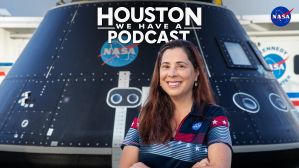
Artemis II landing and recovery director Lili Villarreal discusses how NASA and its partners recover the Orion spacecraft and its four astronauts after splashdown in the Pacific Ocean. HWHAP 408.




